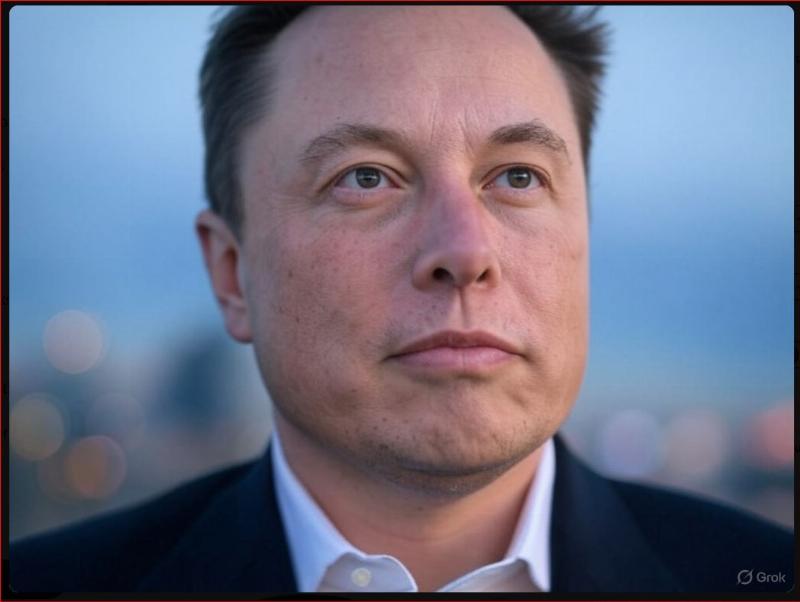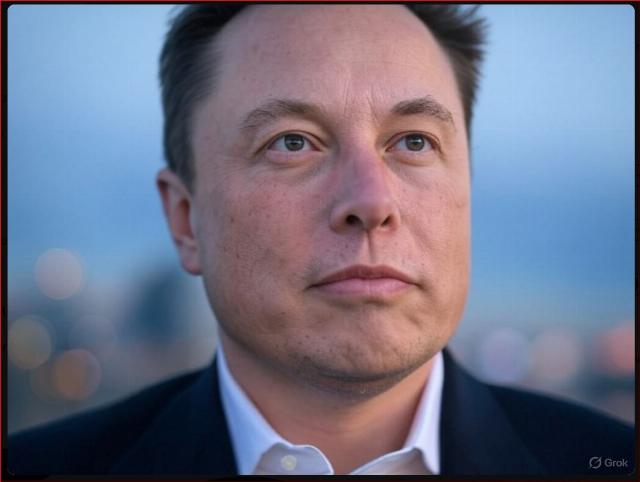


Some are predicting that Elon Musk will become the world’s first trillionaire as soon as 2027. At first blush, that’s bewildering — it was only several years ago (2018) that Apple became the first publicly traded company to reach a $1 trillion market cap. But all that wealth consolidated in one personage invites a reconsideration of Obama’s socialistic assertion that “I do think at a certain point you’ve made enough money” by some swampy bureaucrat.
Why does it matter in whose name the trillion dollars resides? If it were wealth-generating, then it benefitted society as a whole. Indeed, since the wealth accumulated to Musk, then it may be commensurate with his contributions to humanity. Consider that some of his companies (Starlink, Neuralink, SpaceX, X, AI Grok) produce life-altering products and services. Even Tesla is more than a car company as it develops energy solutions, AI software, and the incredibly versatile humanoid robot named Optimus.
It’s peevish to question the wealth of the person who is ultimately responsible for overseeing all that. Though Musk works incredibly hard (he could retire in the lap of luxury) that’s irrelevant — most of us work hard. One cannot say he’s worth more than a thousand, or million, “regular” employees because he works so hard. Nope, his worth is the result of leading innovative companies whose products and services the masses clamor for (or not).
One might argue: “Wait a minute, how about all those government subsidies he gets?” That’s almost a good point, however, it is because the government has determined that his goods and services warrant them. It’s called contracting with America First companies with fresh-thinking eager beavers who literally salvage some comfort from the harshness of life. How much is that worth?
Companies that can save stranded astronauts on the ISS; that assisted Ukraine with stable communications during Russia’s onslaught; that promoted free speech during the woke onslaught; and that enabled some semblance of independence and offer hope for those with debilitating neurological conditions. There’s more…companies that indulge the human desire for exploration of our solar system, and facilitate communications following floods and other natural disasters on our own Pale Blue Dot.
Whomever is responsible for all that—whether Musk or someone else—is worth a gazillion dollars. Worth it, that is, if the free market capitalist system determines such. Not some insular socialistic bureaucrat who goes far beyond divvying up marginal subsidies by engaging in centralized “we know what’s best for you” industrial policy.
Of course Musk is going to lobby for government support in his altruistic dreams. However, he’s not a plutocrat siphoning off fungible money. He’s not conniving like a Russian oligarch following the Perestroika period, where large industries were carved up and given to political allies while the masses became impoverished. Nope, we are becoming richer thanks partly to Musk and his billionaire cohort.
Neither is his accumulated wealth reminiscent of a tin-pot despot enriching himself while his subjugated populace starve. Instead, Musk is understandably leveraging some government aid for the benefit of humankind. Better that he and his talented teams, rather than the government, deploy capital.
The answer to Obama’s socialist-imposed quandary is that money earned through legal means in a vibrant, free-market system (with minimal government regulation) is rarely enough. Consider the alternative contingencies: why would rich entrepreneurs, who don’t need to work so hard, continue to push their limits if constrained by some pinheaded bureaucrat demanding “that’s enough for you”? Money is already no object to them; they can easily afford to buy some island paradise and retire. In that ostentatious sense, they do have enough; thankfully, they keep working their fingers to the bone.
Sure, some of our brilliant entrepreneurs have accompanying egos, but it’s not a stretch to impute that they are pushing the boundaries of innovation on behalf of humanity. The pursuit of altruistic purpose, not only money, motivates them. That’s also why Mark Zuckerberg (CEO of Meta) is poaching AI talent with huge salary offers. They are probably worth it if their innovations lead to AI superintelligence that empowers individuals to lead more fulfilling lives. We are inexorably marching toward some nascent instantiations of that superintelligence; here is Mark Zuckerberg’s essay on the subject.
How much is it worth it to bring “personal superintelligence to everyone”? Probably not enough, Obama. Governments don’t create wealth, but just redistribute it. Where that redistribution is higher, human nature dictates that innovation is generally lower.
Actually, successful entrepreneurs create more wealth than they can possibly consume; society, as a whole, benefits disproportionately more. As long as Musk focusses on his companies (stay out of politics) that provide such life-improving benefits, then even a gazillion dollars is not too much. Maybe he’ll need fewer subsidies at that point, though there will always be an intersection between tech and government.
In the movie Austin Powers: They Spy Who Shagged Me, Dr. Evil asks “Why make trillions when we can make billions?” That’s probably what Dems, essentially those cryogenically frozen in a socialist mist, are also perplexed by. Then again, they can be evil, too. After all, for them even a billionaire is a “policy mistake.”

Image from Grok.
